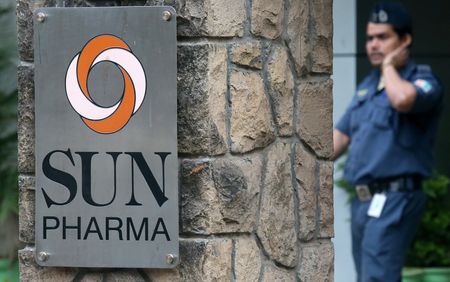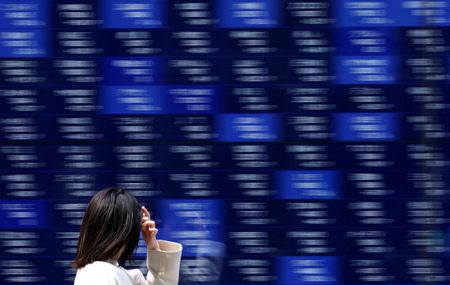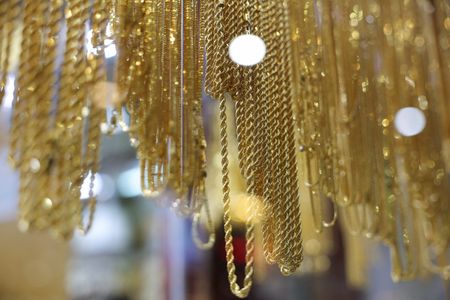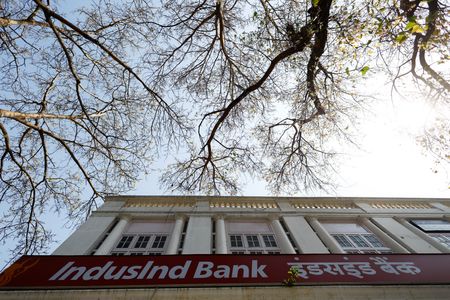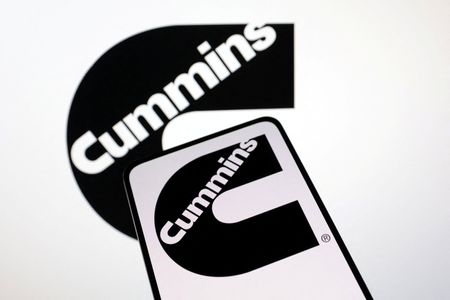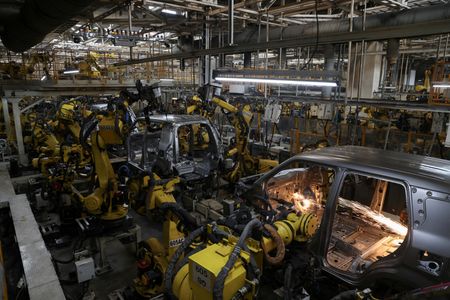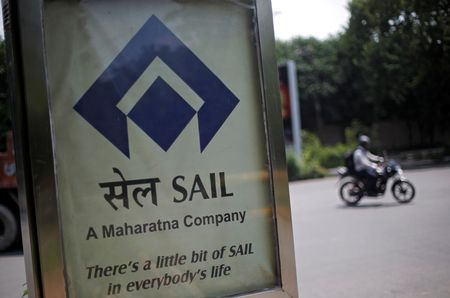By Kashish Tandon
(Reuters) – An index of Indian pharmaceutical company shares slid 2% to its lowest level in seven months on Wednesday after U.S. President Donald Trump said he intends to impose tariffs of about 25% or higher on pharma imports.
Twelve of the 20 stocks on the sub-index traded lower. Sun Pharma, India’s top drugmaker by revenue, fell 2%, and Dr Reddy’s slipped 4% to its lowest level since June.
Aurobindo Pharma tumbled 6% to its lowest level in nearly a year, and Cipla, India’s no. 3 drugmaker, shed 2.2%.
The sub-index pared some losses and was trading 0.7% lower as of 10:44 a.m. IST.
Indian drugmakers earn a significant share of revenue from the U.S., the largest importer of Indian pharma products.
India’s pharma exports to the country stood at $8.73 billion in fiscal 2024 – a nearly 16% increase from previous year – accounting for about 31% of the industry’s overall exports, as per data from government-backed trade body Pharmaceuticals Export Promotion Council of India (Pharmexcil).
Trump’s tariff plans are making investors jittery at the moment, as most of these companies rely on the U.S. for most of their revenue, said Shrikant Akolkar, a pharma analyst with Nuvama Institutional Equities.
The U.S. President on Tuesday told reporters that sectoral tariffs on pharmaceuticals and semiconductor chips would begin at “25% or higher”, rising substantially over the course of a year, but did not provide a date for the announcement of the duties.
Trump added that he wanted to provide some time for drug and chip makers to set up U.S. factories so they could avoid tariffs.
“Even if these companies start setting up manufacturing within U.S. borders, it is a long way to go as they would need fresh approvals and also labour which is costlier in the U.S. compared to India,” Akolkar said.
Earlier this week, Sun Pharma MD Dilip Shanghvi told ET Now that tariffs, if imposed, will be passed on to consumers.
Pharma stocks have lost about 12% so far this year, while the benchmark Nifty 50 declined 4%.
(Reporting by Kashish Tandon in Bengaluru; Editing by Savio D’Souza and Janane Venkatraman)

